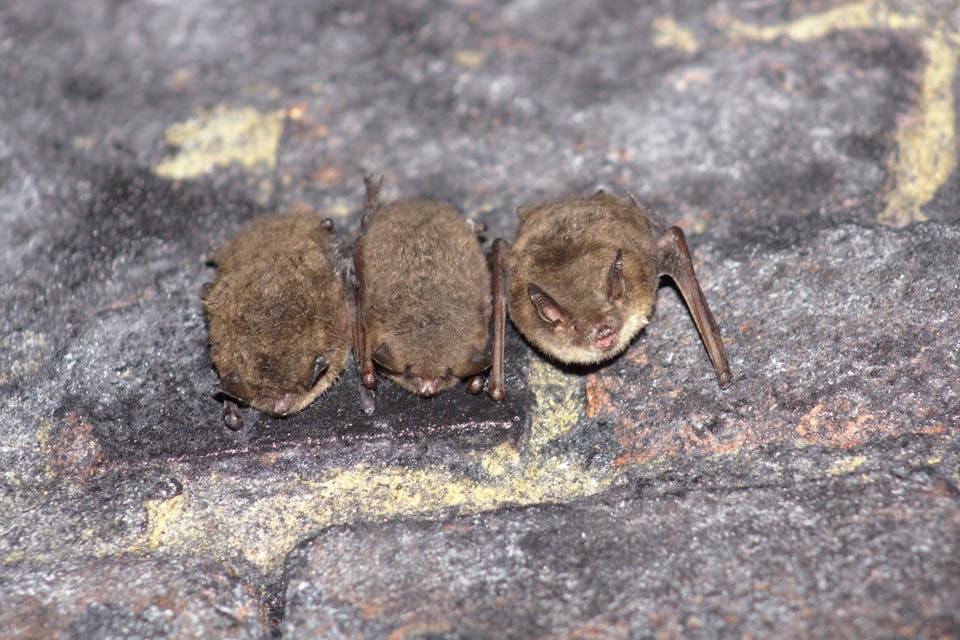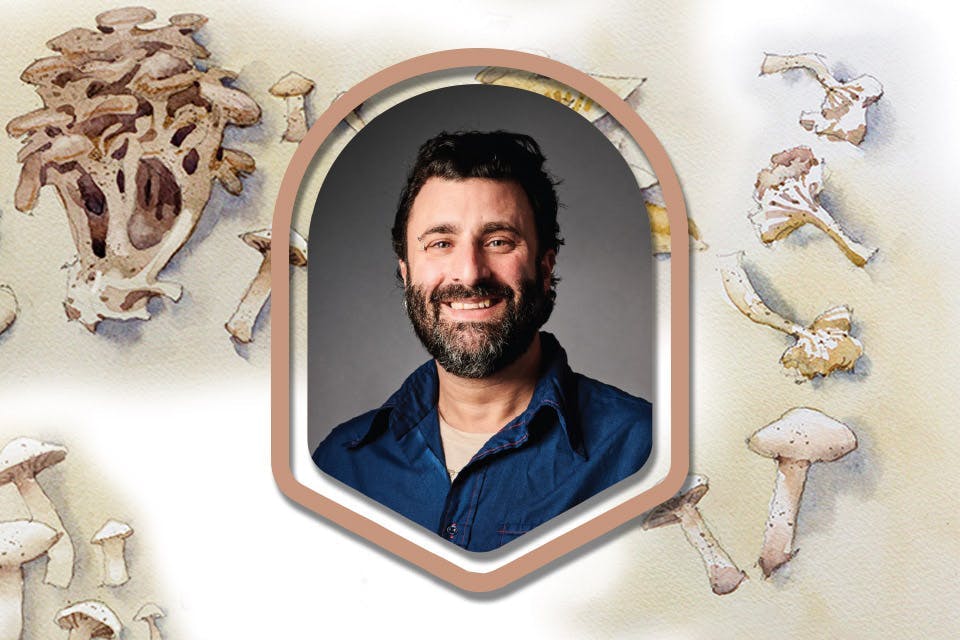Travel
The Forager: Jeremy Umansky
Jeremy Umansky makes foraged ingredients a focus of the menu at his Cleveland delicatessen and bakery. Here’s how searching for wild edible plants became part of his life.
Related Articles

This Cincinnati Festival Debunks Myths About Bats
Experts from the University of Cincinnati lead the fourth annual Ohio Bat Fest on Oct. 25, raising awareness about this often-misunderstood creature. READ MORE >>

25 Great Hiking Trails to Conquer This Summer
Lace up your hiking boots and get ready to explore. Ohio’s park systems and nature preserves have a wealth of trails to seek out this summer, from the rocky cliffs of Appalachia to the serenity of the Lake Erie shore. READ MORE >>

Hike the Ledges Trail at Cuyahoga Valley National Park
This 1.8-mile loop through Ohio’s only National Park offers a moderately challenging hike along the base of these enormous rock formations. READ MORE >>



